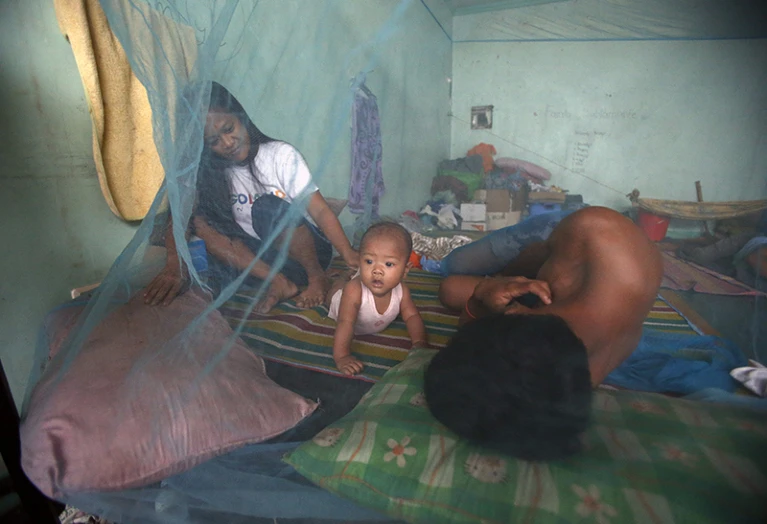The Facts
Controversy over potential safety concerns has emerged ahead of a planned rollout of a vaccine aimed at preventing infection from dengue in Indonesia next year. The jab of a drug called Qdenga was developed by Tokyo-based Takeda, with hopes to reduce the 20K annual deaths from the mosquito-borne disease.
The first vaccine for dengue fever was developed more than seven years ago but was only effective for people with previous infections. This development encouraged Takeda to accelerate its actions to manufacture an alternative.
The Spin
Narrative A
In 2019, a pediatrician and a medical researcher in the Philippines were indicted over the premature and failed rollout of the dengue vaccine, Dengvaxia. Post rollout, 130 children died, sparking concerns over ADE and outrage from the parents of more than 830K children who received the vaccine. Botched rollouts have consequences — even for combating a disease as dangerous as dengue — and Indonesia should proceed with caution.
Narrative B
There may be a different path to take. Researchers in Indonesia have also discovered a new way to fight dengue by breeding a special mosquito species designed to carry bacteria to prevent viruses like dengue from reproducing inside the insect. Deploying the mosquitos has shown a reduction in dengue cases by as much as 77%. This ecosystem-based solution may greatly reduce the need for unproven vaccines in the future.
